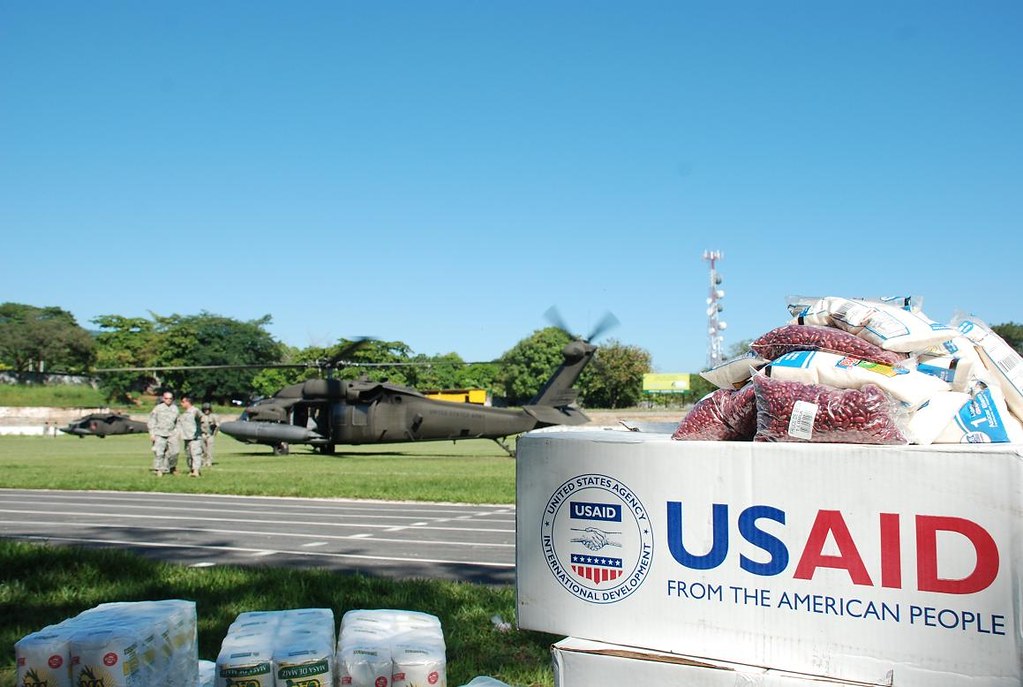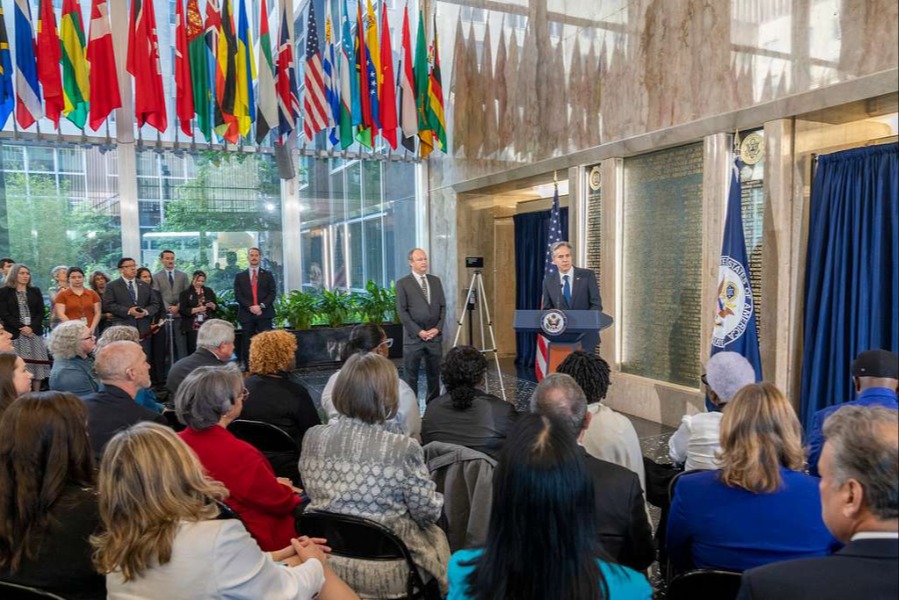The State of Play on the Crime of Aggression
I've written here previously on the possible activation of the International Criminal Court's jurisdiction over the crime of aggression. Twenty-eight of the requisite thirty countries have now ratified the amendments agreed to at the 2010 Kampala conference. It appears likely that the additional ratifications will arrive in a matter of months (Iceland, the Netherlands, Chile, and Senegal are among the countries that may push the amendment over the finish line).
Published by The Lawfare Institute
in Cooperation With

I've written here previously on the possible activation of the International Criminal Court's jurisdiction over the crime of aggression. Twenty-eight of the requisite thirty countries have now ratified the amendments agreed to at the 2010 Kampala conference. It appears likely that the additional ratifications will arrive in a matter of months (Iceland, the Netherlands, Chile, and Senegal are among the countries that may push the amendment over the finish line). In following developments, however, I missed this illuminating debate between former U.S. State Department legal adviser Harold Koh and German academic Claus Kreß. Their exchange highlights several key dynamics.
First, Koh's comments make clear that the United States remains deeply concerned about activation of the aggression amendments. Because the United States is not an ICC member, its senior officials will not be exposed to prosecuction. But Washington clearly worries that the specter of aggression prosecutions might dissuade close allies from participating in joint operations. And Koh suggests that the United States, working with like-minded ICC member states, will likely push for a full-blown review conference to resolve existing ambiguities. These issues include whether humanitarian intervention is adequately safeguarded from prosecution and whether the leaders of ICC member states that have not ratified the aggression amendments could still be subject to prosecution (there is a disagreement about what Article 121(5) of the Rome Statute means on that point). While a two-thirds vote of member states is all that is required to activate the amendments, skeptical states will likely argue that something this momentous should not proceed without consensus.
At a more conceptual level, the exchange between Koh and Kreß highlighted stubborn divisions about the importance of criminalizing aggression. Koh evinced no enthusiasm for prosecuting aggression and framed the issue mostly as a potential distraction from the ICC's core mission: investigating and prosecuting mass atrocities. Echoing other U.S. officials, Koh sketched a scenario in which concern about aggression prosecutions prevents states from taking steps necessary to save lives.
Suppose it is determined that to establish a humanitarian corridor in Syria or to protect people in Aleppo from being barrel bombed by Assad you need to create a no fly zone within Syria which would [would not] receive a Security Council resolution because of a Russian veto. If your country allows a plane to take off to participate in that no fly zone, can your constitutional leader by subjected to the crime of aggression in due course? That’s a question. If you don’t know the answer to that question, it needs to be clarified and resolved.
For his part, Kreß insisted that aggression itself should be thought of as an atrocity crime, and he forcefully resisted the notion that prosecuting it is somehow less important than pursuing perpetrators of genocide, crimes against humanity, and serious war crimes. Even a conflict conducted fully within the laws of war, Kreß pointed out, kills people and shatters lives. Implicit in his view is the notion that armed conflict itself is the enemy, and that prosecuting those who initiate it is an essential task for the court. For all the apparent headway made at Kampala, the gap between these perspectives remains wide.





